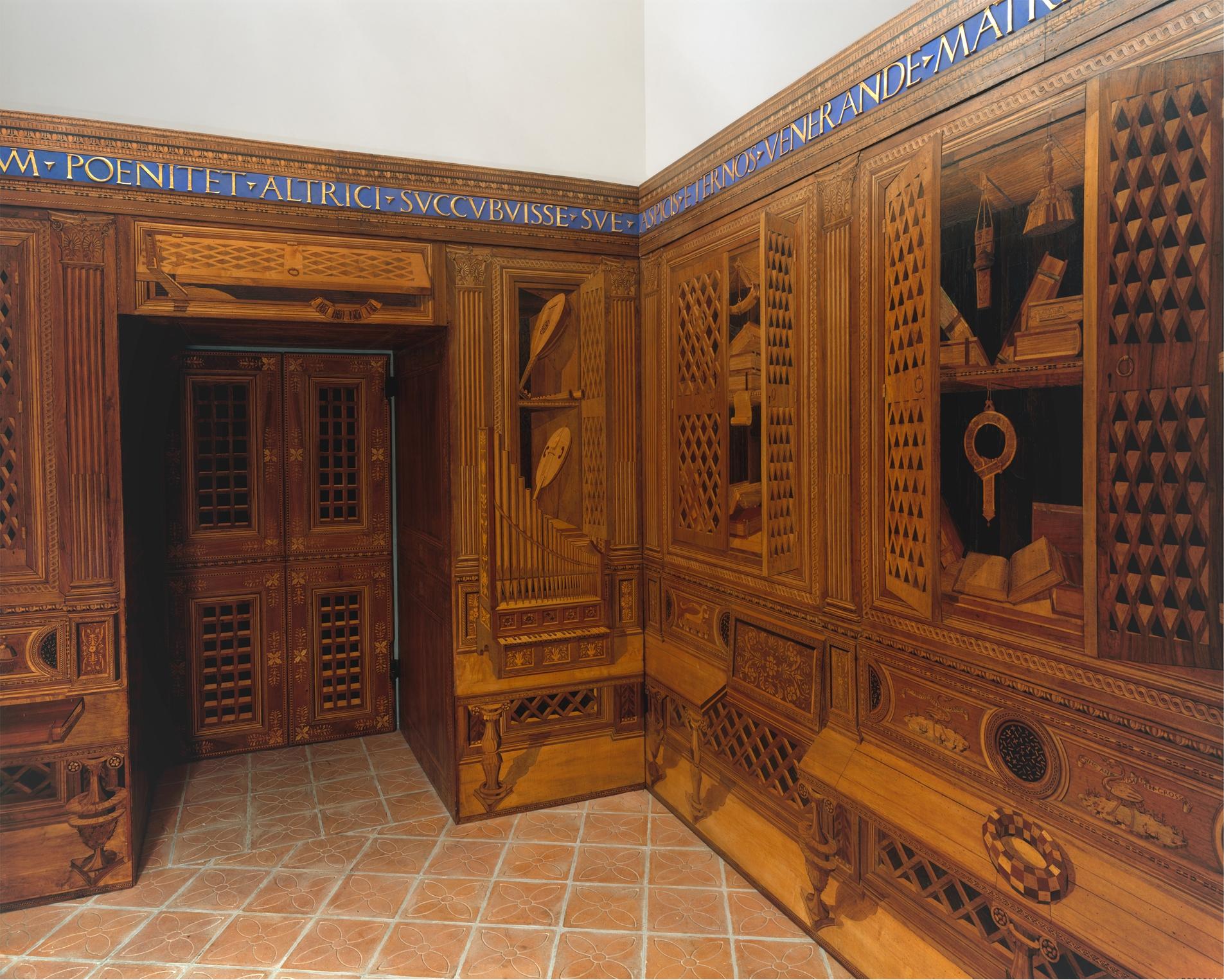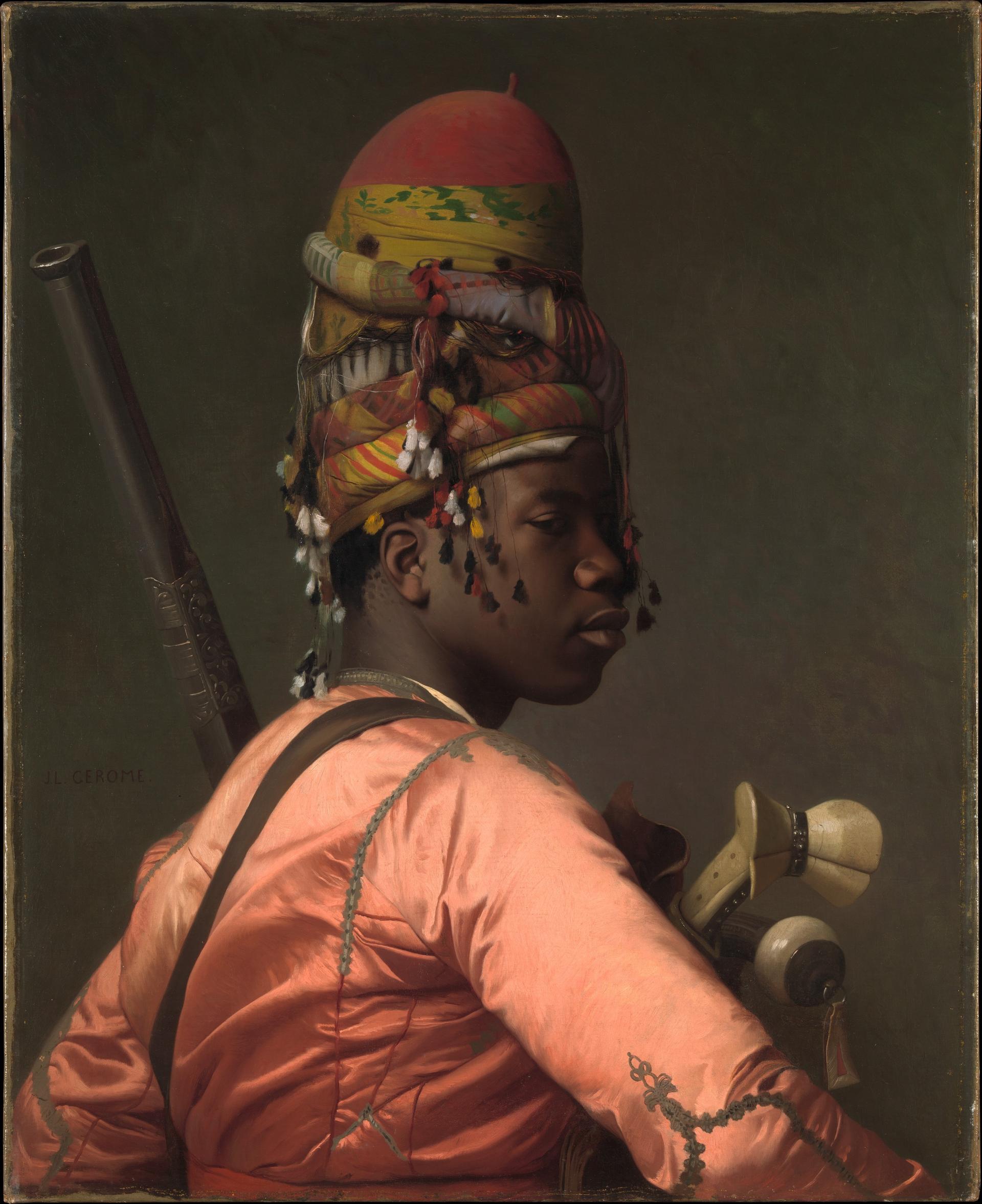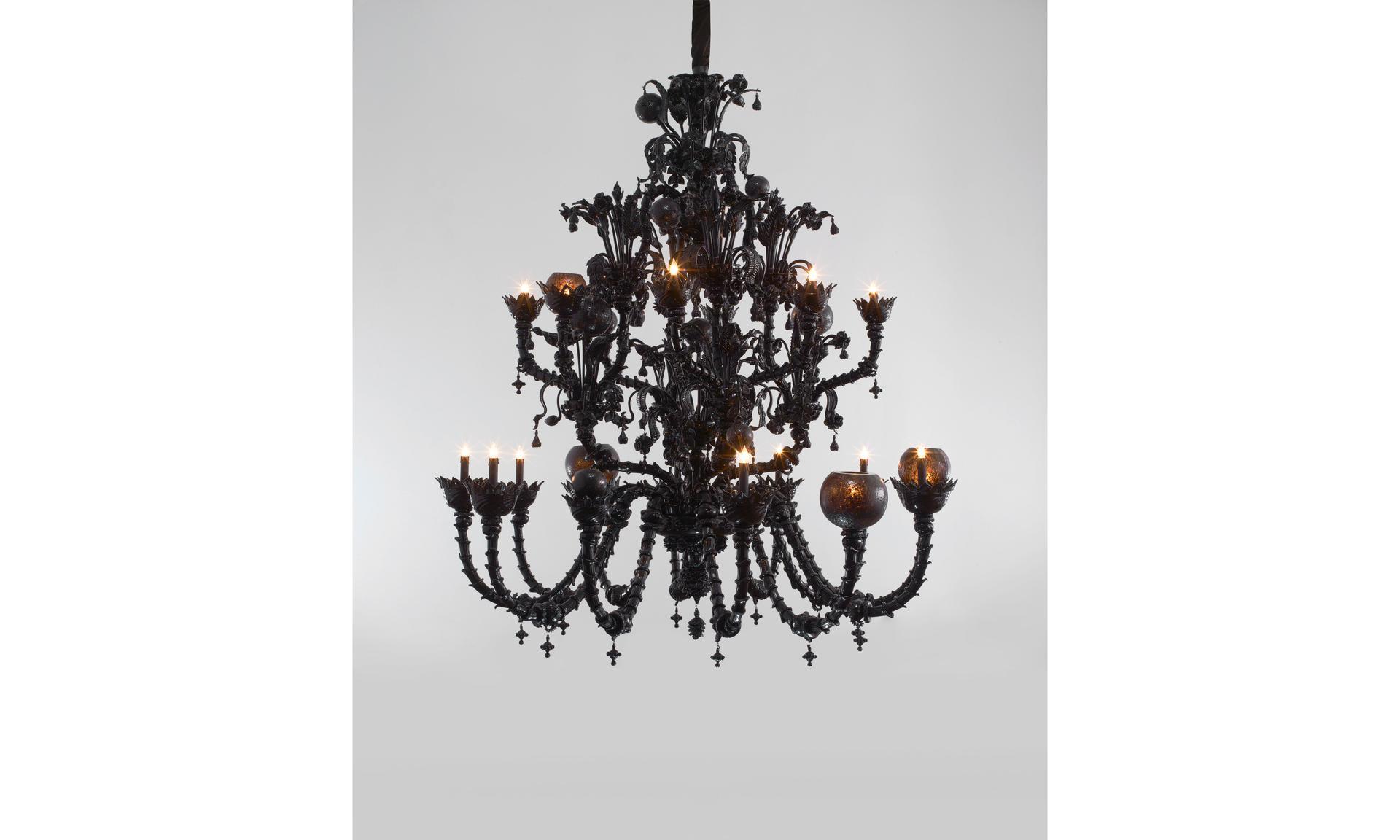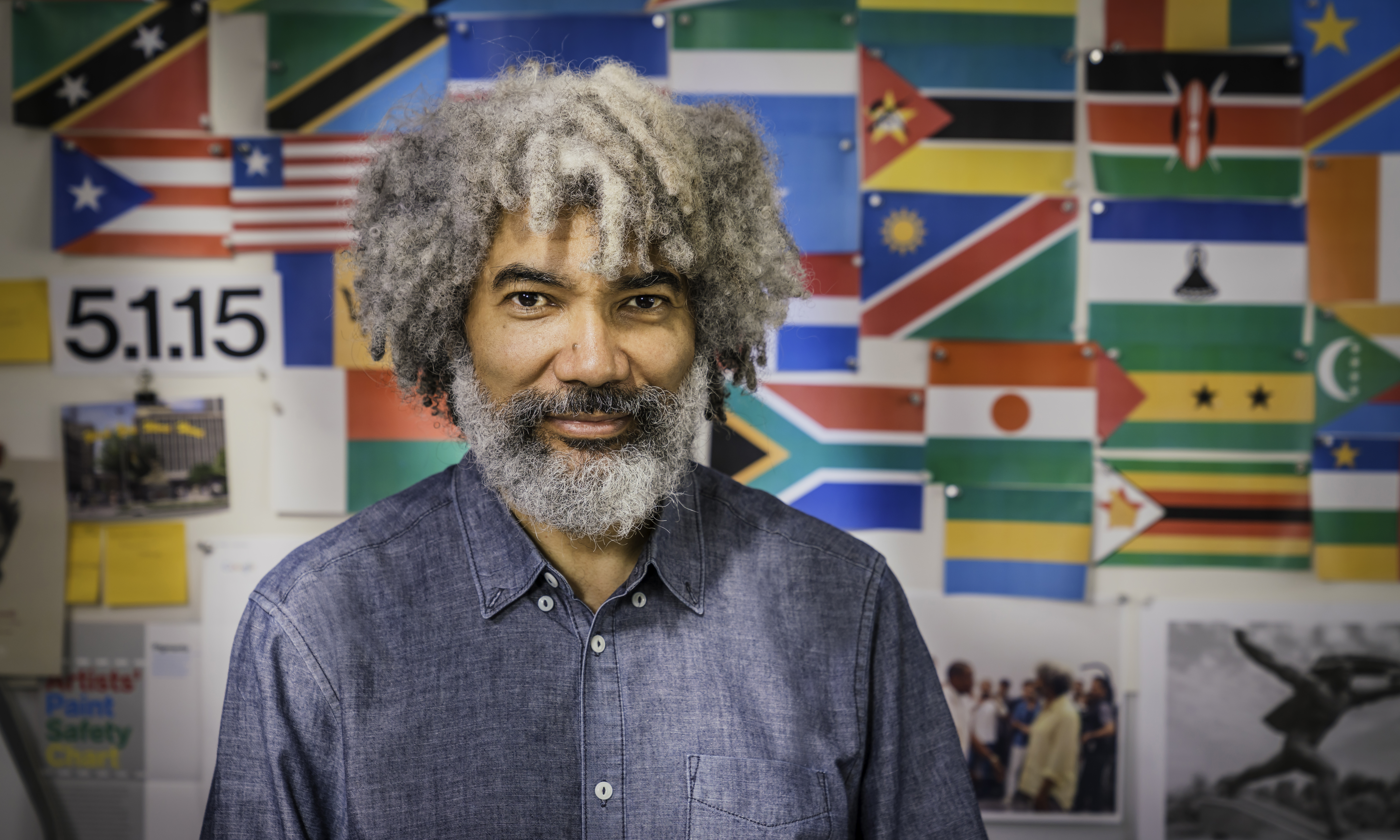Fred Wilson uses the museum as his palette
Fred Wilson
Most artists strive to make work worthy of hanging in a museum. But Fred Wilson’s art not only appears in museums, it’s about museums. “I’m an artist that uses the museum as my palette,” Wilson says.
A New York-born conceptual artist and MacArthur “genius” grant recipient, Wilson has spent a lot of his career examining the way art and artifacts are chosen and exhibited. He wants everybody — the curators and the visitors — to reconsider how and why artwork makes its way into museums.
“I kind of found a lot of problematic issues within museum display,” he says. “You know, the collections are the collections, fantastic. But … how they wrote about them, how they talk about them, how they display them is extremely different from one museum to the other. And how people react to them, relate to them, is different because of how they talk about them.”
His controversial 1992 exhibition “Mining the Museum” was a career-defining work. In that show, Wilson took items from the collection of the Maryland Historical Society and displayed them in provocative juxtapositions, such as placing elegant silverwork next to slave shackles.
For a better understanding of Wilson’s fascination with museum display, Kurt Andersen met him at the Metropolitan Museum of Art in New York. Wilson led him on a tour of some of the spots at the Met that he finds most intriguing: the studiolo from the Ducal Palace in Gubbio, the transitional space between the Greek and Roman galleries and the African and Oceanic galleries, and Jean-Léon Gérôme’s painting “Bashi-Bazouk.”


Fred Wilson’s new show is an exhibition of his giant chandeliers made from Murano glass. “Fred Wilson: Chandeliers” is on display at Pace Gallery in New York through October 12.

The World is an independent newsroom. We’re not funded by billionaires; instead, we rely on readers and listeners like you. As a listener, you’re a crucial part of our team and our global community. Your support is vital to running our nonprofit newsroom, and we can’t do this work without you. Will you support The World with a gift today? Donations made between now and Dec. 31 will be matched 1:1. Thanks for investing in our work!
